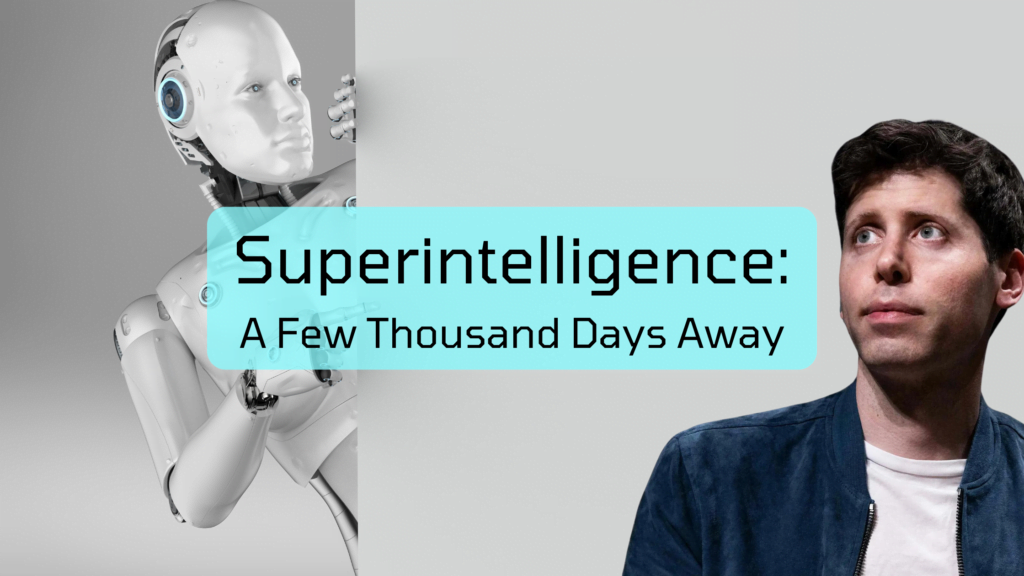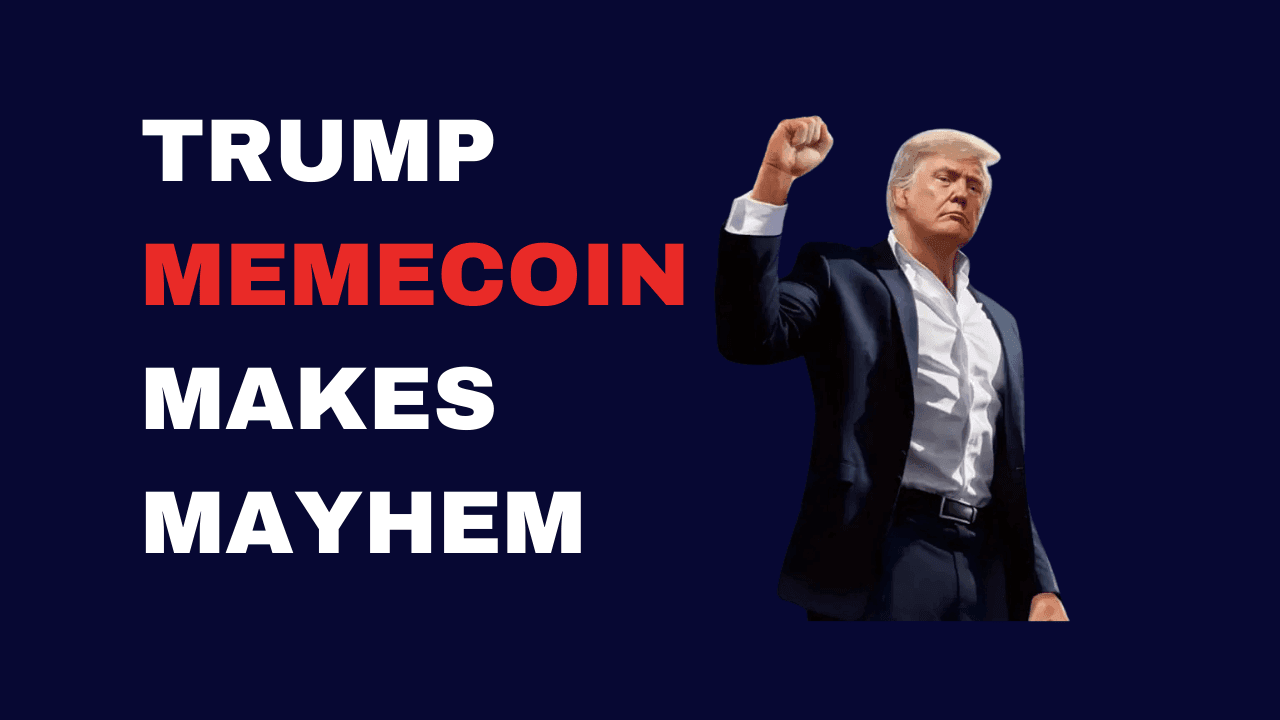For decades, humanity has been captivated by the notion of superintelligence—an intelligence that vastly surpasses our own. The conversation has long shifted from “if” to “when.” According to Sam Altman, CEO of OpenAI, the answer is surprisingly close. Altman proposes we are merely a few thousand days away from this reality, placing the emergence of superintelligent AI potentially within a decade. This proximity should compel us to engage deeply with the implications of such a monumental shift.
The Intelligence Age
Altman refers to this coming era as “The Intelligence Age.” He argues that it could reshape human society more profoundly than even the Agricultural or Industrial Revolutions. But what makes this particular juncture in history so unique is the nature of the change itself. Superintelligent AI, machines with cognitive abilities far surpassing human capability, could alter the very trajectory of our civilization.

Imagine a world where solving the most complex problems in climate science, space colonization, or healthcare becomes as trivial as asking an assistant to schedule your next meeting. The democratization of profound intelligence could lead to unprecedented levels of prosperity, erasing many of the barriers that have long limited human progress. Yet this transformation, while exciting, forces us to confront not only the potential benefits but also the risks associated with creating entities more intelligent than ourselves.
Incremental Advancements, Astounding Progress
It is critical to understand that this evolution will not happen overnight. Altman envisions a future where incremental advancements lead to breathtaking outcomes. Today’s AI systems are nowhere near superintelligence, but we are moving in that direction. Each year brings new breakthroughs, and over the next few thousand days, we could witness an exponential surge in capabilities that are difficult to imagine from our current vantage point.
Just as the Industrial Revolution reshaped the physical world in a matter of decades, superintelligent AI could reconfigure the intellectual and ethical landscape at an even faster pace. The shift we are on the cusp of is not science fiction—it is grounded in ongoing research and real-world progress. The future Altman describes, where machines help us decode the mysteries of the universe, could be just around the corner.
The Changing Job Landscape
One of the most pressing concerns about AI is its impact on the job market. Altman acknowledges this anxiety but offers a more optimistic view than the dystopian visions many fear. **Jobs will change—**as they always have. The Industrial Revolution eliminated some professions while creating entirely new ones. Just as lamplighters faded into history with the advent of electricity, many jobs today will become obsolete, replaced by new roles that are unimaginable to us now.

The real challenge for humanity will not be finding work, but adapting to the pace of change. The rapid evolution of technology will demand new skills, but this has been the case for every significant leap in human history. Altman remains hopeful that this transition will happen more gradually than the most alarmist predictions suggest, allowing for societal adaptation.
Infrastructure: The Unseen Backbone
For this future to be realized, it will require a robust infrastructure. One of the greatest risks is that the development of AI will benefit only the wealthy or powerful, turning superintelligence into a tool of inequality. The cost of computing must decrease, and access to AI must be widely distributed, lest we find ourselves in a world where intelligence becomes the new class divide.
Ethical and Environmental Considerations
Perhaps the most critical dimension of this future is the ethical terrain we will need to navigate. Superintelligence brings with it ethical dilemmas that we are only beginning to grapple with. What happens when machines, more intelligent than any human, begin to make decisions that shape the future of our species? How do we ensure that these entities align with human values and interests?

The environmental impact of such advanced systems cannot be ignored either. Powering superintelligent AI at scale could consume vast amounts of energy, raising questions about sustainability. Additionally, the possibility of AI being manipulated or failing catastrophically introduces new kinds of risks—risks that must be mitigated through careful and intentional governance.
A Glimpse Into the Future
Altman suggests that the future shaped by superintelligent AI will be so extraordinary that it defies current description. While we often frame AI in terms of its immediate practical benefits—better gadgets, faster systems—this barely scratches the surface of what superintelligence could bring. The ability to solve problems once thought intractable will redefine our understanding of what is possible, unlocking new scientific discoveries, artistic expressions, and moral dilemmas.
Yet, with this potential comes the need for vigilance. As Altman warns, we are standing on the edge of a precipice that could lead to an era of unprecedented human flourishing—or one of profound disruption.
Are We Ready for Superintelligence?
We stand at the threshold of a new age. Superintelligent AI could arrive within a few thousand days, and when it does, it will alter human history in ways we can scarcely comprehend. But are we ready? Have we asked the right questions about ethics, about the distribution of power, about how we will coexist with machines that surpass us in every cognitive domain?
The challenge ahead is not simply to build superintelligent AI but to build it in a way that ensures it serves all of humanity. The Intelligence Age is coming, but what we make of it depends on the choices we make now. The future may be arriving sooner than we think, but it is still ours to shape.



